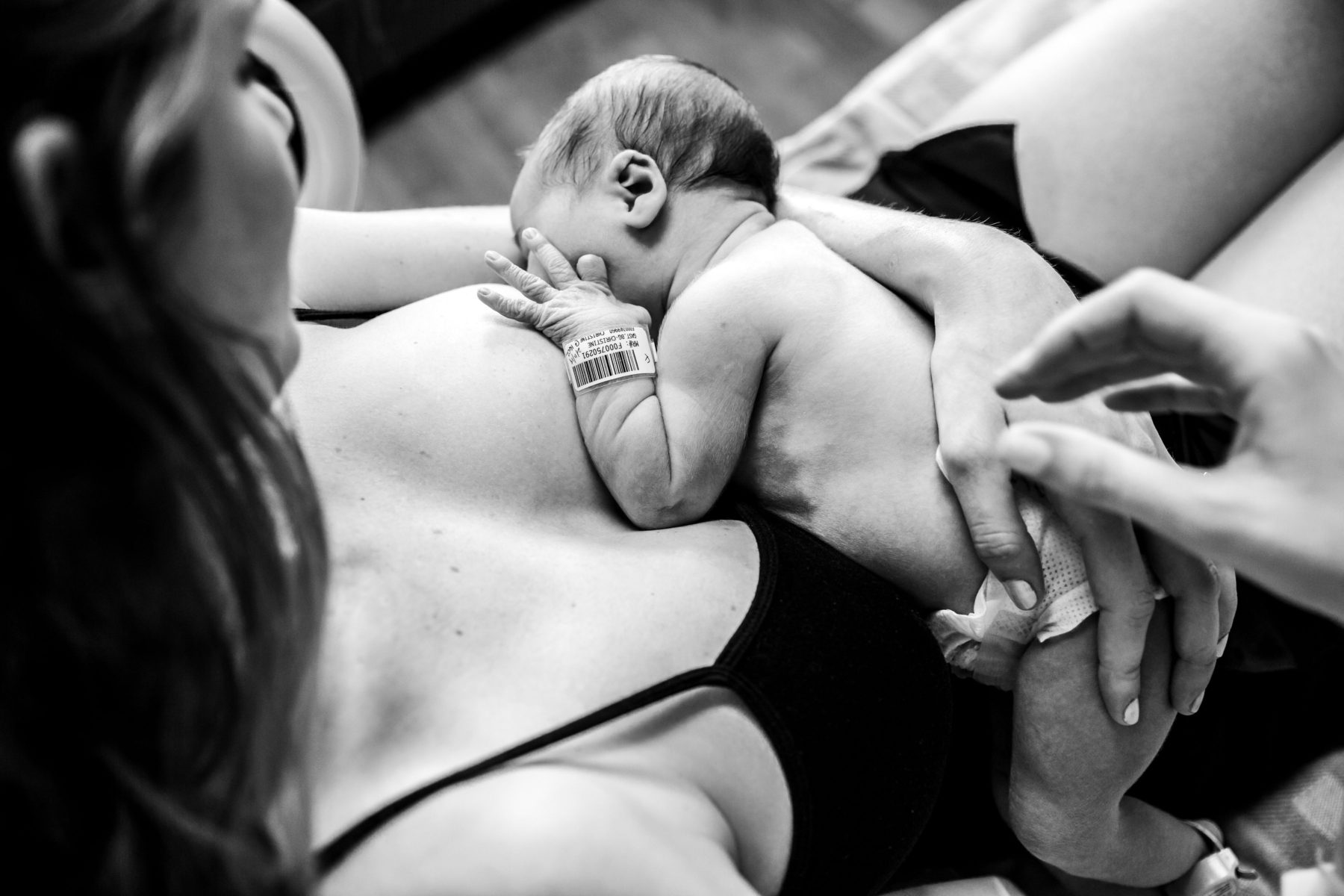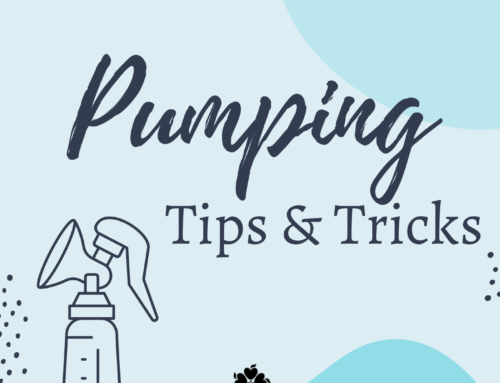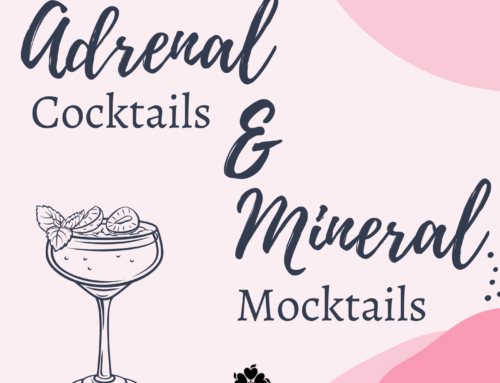
.
You’re probably thinking – um Allegra, you’re a lactation consultant, an IBCLC at that… You don’t need to prepare yourself for breastfeeding, you know everything… I’ve been hearing this statement almost weekly at my in-home lactation consults throughout my pregnancy, so I thought I’d address this and even encourage new moms to prepare for breastfeeding.
I may have helped hundreds of mothers with their breastfeeding journey, but every mom and every baby is different, including myself. Just because I might know a lot, doesn’t mean I won’t have issues or trouble here and there.

.
Just because breastfeeding is considered natural, doesn’t mean it’s easy and I think if you can prepare yourself mentally on what to expect, you’ll have an easier time navigating breastfeeding. I strongly encourage all moms educate themselves on breastfeeding, but I also hope to address some areas that you can mentally prepare yourself for, as this is what I’m doing before my baby is born. (I offer prenatal breastfeeding education either virtually or I offer a Breastfeeding 101 video that you will have for unlimited access. The more you know beforehand, the better prepared you’ll be).
So how can you mentally prepare?
1. Know that it takes time
Although breastfeeding is considered natural, it’s still a learned skill. Every baby is different, so you have to learn how to work with them to make it successful. Just like learning anything new, you might pick it up right away with no issues, and sometimes it might take several or even many tries.
Similarly to how a baby learns to walk – it takes time. Learning how to walk varies from baby to baby. Some babies it happens earlier than others. Some mom and babies get the hang of breastfeeding almost immediately, and some it takes longer – and that’s OKAY! There is nothing wrong with you, if it takes a little bit longer. The thing is, don’t give up!
I don’t expect my baby and me to get the hang of it right away. I know what to do to help the process and to help protect my milk supply, should it take my baby a longer time to get the hang of it. I would love if we both got the hang of things right from the get-go, but I’m mentally preparing myself for it to take time. There are things I will do such as hand express my milk, pump and give my baby my milk via a cup or syringe, instead of bottle. I plan on taking my baby to a chiropractor that specializes in infants to help with any potential anatomical issues or tightness. I plan on doing LOTS of skin to skin and offering the breast at the early signs of hunger.
It’s okay if it takes time.

.
2. Not all babies are ready right after birth
This goes off of breastfeeding taking time. Many hospitals will try to rush you to get your baby latched and successfully breastfeeding within that first hour, but realistically, that’s not always the case. You might have heard of the importance of the Golden Hour, which is uninterrupted skin to skin immediately following birth for at least 60 minutes. This is VERY important and something I strongly encourage, however, it doesn’t mean your baby will have a successful feeding.
Your baby just came from eating 24/7 via the umbilical cord and swallowing the amniotic fluid, to now taking food externally and having to cue into their hunger cues. Your baby might not be hungry right after delivery, your baby might just want to sleep and that’s OKAY! As long as your baby’s blood sugar is steady, no major signs of jaundice, and there are no health complications, it’s okay, if baby doesn’t get a feeding right away.
Don’t feel rushed by the hospital staff, because most times, they need to chart how breastfeeding went and might rush you for those reasons. Don’t feel rushed…it takes time!
If your baby isn’t latching right away and her blood sugar is going down or her bilirubin levels are rising, you can hand express and give your baby your colostrum via syringe, medicine cup, or spoon. I go over all of this with more tips in my Breastfeeding 101 video, so be sure to check that out!

.
3. Breastfeeding is like a marriage
Much like a marriage, where it’s a daily work in progress and it’s a commitment, so is breastfeeding. Before you get married, you and your fiance might prepare for marriage by reading marriage books, and seeing a premarital counselor etc. Even though you do these things, you still know that marriage takes work and commitment. You might still have disagreements and arguments, but it’s how you go about these troubles that either strengthens or weakens your marriage.
You will have good days and bad days in marriage. Days where you’re over the moon in love, and days where you just want to strangle them. But it’s a commitment. You stick with it. You seek help when necessary.
Breastfeeding is like a marriage. It’s not always pretty. There will be good days and bad days.
Remember WHY you want to stick with it…
WHAT made you do it to begin with…
WHAT will keep you going?
I always ask moms in my prenatal consults, what is their WHY? Why breastfeed? Is it for the cost? Because it’s healthier? It’s more convenient? It helps with bonding? Why breastfeed?
I’ve discussed with my husband the answers to these questions so that we are both on the same page. My husband himself has his “Why I should breastfeed” reasons, which will help him encourage me when I’m feeling discouraged.
4. Every baby is different
It’s so true. Every baby is different. What worked for one mom I helped, didn’t work for another mom, so I had to come up with a different plan and method. What helped one of my clients breastfeed, might not work for myself. Just like how nutrition is customized to meet the client’s nutrition goals and lifestyle, so is breastfeeding. I’ve met with clients who successfully breastfed their first two children no problem, then had major issues with their third – every baby is different.
What I think will work for me with breastfeeding, might not work for my baby. I’m expecting me and my baby to have different preferences. We will have to learn and figure it out together, and this goes for my future babies.

.
5. Find your village
You look at mothers back in the day in the villages. They had so much support and help. In our culture, we tend to isolate ourselves and put a lot of pressure on ourselves to do everything. This leads to mental and physical exhaustion, which takes a toll on our health, in which case affects and compromises breastfeeding.
Your village can include family and friends but also other health care providers and supporters. Do you know who your lactation consultants are in the area? If not, I offer virtual consults. Are there local infant chiropractors, speech pathologists, pediatric dentists, ENTs in your area should your baby need to be seen by one? When do the local mom groups meet? Are there breastfeeding support groups near you? Get your list together; build your village.
There is a really good article that came out from Channel News that mentions that breastfeeding does NOT affect maternal mental health negatively but it’s the lack of support these moms have.
I thought I’d share an excerpt from the article that stood out to me:
“But, I repeat, the problem is not breastfeeding itself. Instead it is the lack of support and investment in infant feeding, new mothers and families more broadly.
More than two-thirds of mothers who stop breastfeeding in the first few weeks do so because they needed more support, had pain, or difficulty latching a baby on.
However, lack of investment in health services means that mothers are often forced to get on with it by themselves – often with the further blow of being told “the main thing is your baby is being fed” – rather than have the one-to-one support they actually need…
But instead of investing in the research, staffing, education and protection that is needed, a bottle of formula is suddenly given as the solution to any breastfeeding challenge…”
I understand the Fed is Best movement, but I think the main thing that mothers need is the support and encouragement from their village.
6. Don’t feel bad asking for help
I think we have this notion in our society, that if we ask for help, that somehow makes us “weak” or not a “supermom.” That we need to be sufficient in anything and everything we do! This couldn’t be further from the truth. There is no harm in asking for help. We need help, we need our village to support us. People WANT to help us.
If we could just ask people to help us clean, cook, do the laundry, etc, then we could focus on ourselves and our baby and work on breastfeeding. Have family or friends watch your older children, so you can focus on your newborn, or even hire a postpartum doula to help out.
You know breastfeeding takes time and dedication, so finding support and encouragement, can significantly help.
For me personally, this will be a struggle since we don’t live near family and we have just a handful of friends since we just moved to the area. I’m going to have to be okay asking those few friends to help out, even if it’s helping me mentally by going for a walk or even watching a movie with me while my husband is at work.
I’ve made some Freeze Ahead meals (which I strongly recommend doing if you’re pregnant and don’t have much support) and my husband will probably set up a meal train with his coworkers.

7. Know your body
Understanding how your body works is so important, and you’ll learn this in either my prenatal course or hopefully other prenatal breastfeeding classes. Knowing how much your baby actually needs and how big their stomach actually is, is important to know. There might be instances, where you don’t produce enough breastmilk for various reasons including PCOS, IGT, thyroid issues, retained placenta, traumatic birth etc. Seeing an IBCLC and following up with your OBGYN early on, will be important.
Don’t feel bad asking for donors milk if need be. Maybe it’s taking your body a longer time to transition to mature milk, which can happen for multiple reasons. Why not ask fellow moms for some donor milk? There are different facebook groups, Human Milk Banking of North America, Human Milk for Human Babies, Eats on Feet and others.
My beliefs are breast first, pumping/hand expression second, donors milk third, then formula last resort.
In conclusion
So in conclusion, breastfeeding is a learned skill between me and my baby. I am prepared for it to take time. I have a list of WHY I want to breastfeed. I plan on calling my sister in the middle of the night, if I need to cry about breastfeeding. I’ve communicated with my husband on WHY I want to breastfeed and we are both on the same page. He is going to be my biggest motivator and supporter – who will yours be?
I have a list of providers including lactation consultants, pediatric dentist, and chiropractor/body worker in my area that I plan on using, should I need to. I want to be my baby’s mother, and not the lactation consultant. I will not do weighted feeds after every feeding, because I don’t want this to become an obsession. I want to be present with my baby and trust that as long as my baby is gaining, thriving, and having good output, that my body is providing her with everything she needs. Our bodies are resilient, and I am excited to provide the best thing possible for my baby. I am mentally prepared for good days and bad days. I am freezing meals ahead of time during my pregnancy, so I will have food ready and I can focus on my care after birth.
I’m ready! Are you?


